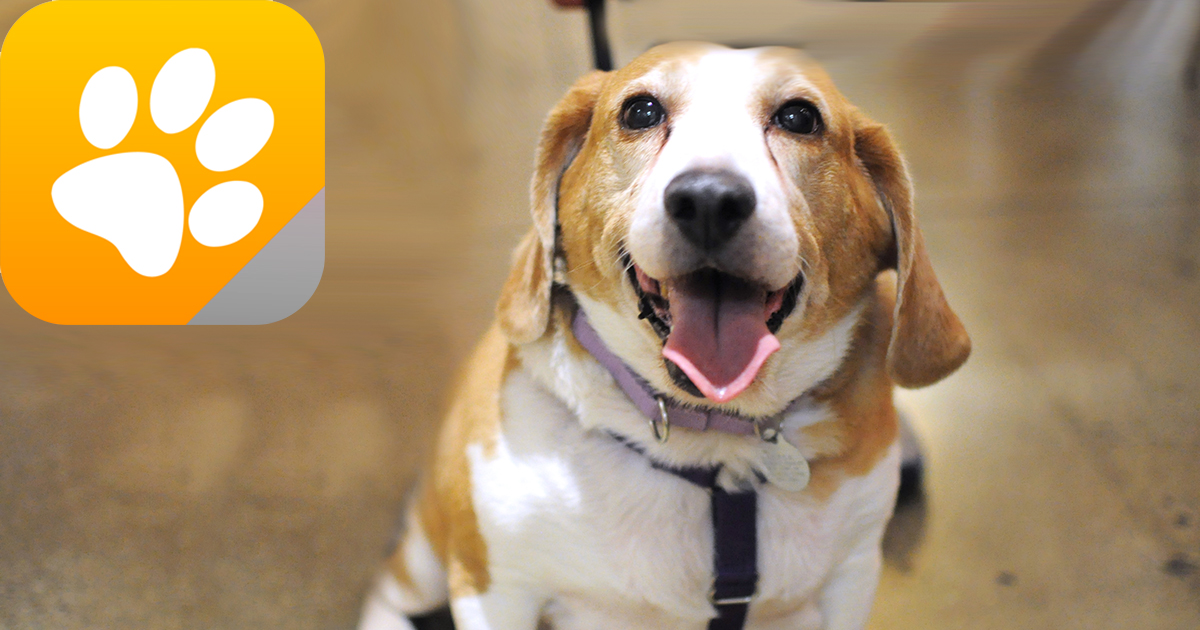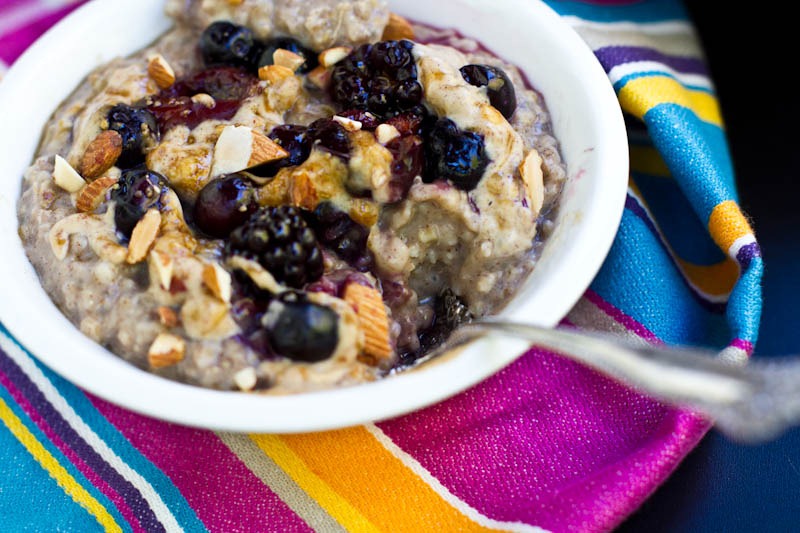The Do’s and Dont’s of Feeding Your Dog Human Food
We all want to spoil our lovable canine companions from time to time. After all, nothing makes a dog owner happier than seeing their dog smile from ear to floppy ear. One of the best ways to spoil your pet dog is to treat them to a yummy snack. However, not all snacks are safe for your dog to eat.
At YourPetLand, we encourage pet lovers everywhere to responsibly treat their little buddy when they have been well-behaved. To do this, pet owners need to know what is and is not safe for their dog to consume. While many human foods are perfectly safe for canine consumption, others can have devastating effects.
Do you want to find out how to safely indulge your dog’s sugar cravings? What about their desire to snack on something salty and savory fresh off your dinner plate? Check out our quick guide below, where we break down the basic do’s and don’ts to feeding your dog human food.
The ASPCA Poison Control Hotline

Photo credit to APCC Mobile App
First things first, let’s talk about what to do if you encounter an emergency. If your dog has eaten a potentially poisonous substance, or if they are showing signs of immediate distress, you must contact your local animal poison control center.
In the United States, the ASPCA Animal Poison Control Center hotline can be reached at (888) 426-4425. The experts at the ASPCA will then assist you regarding your next steps. In most cases, this involves basic canine first aid and a trip to your veterinary clinic. If you live outside of the U.S., contact your local veterinary clinic or animal poison control center.
The Good Stuff
With that out of the way, let’s move on to the good stuff. That is the foods that dogs can safely eat off your dinner plate. To make it easy for you, we will individually list off all of the most common “people foods” that are safe for dogs to eat.
Peanut Butter
Most dogs are crazy about peanut butter. In our experience, whenever we twist off the lid to our peanut butter jar, our four-legged friend comes darting into the kitchen. It must be something about that rich, creamy flavor that keeps dogs hooked on the stuff.
Unsurprisingly, peanut butter is 100% safe for canine consumption. Not only is it a safe treat, but it is healthy too. For example, natural peanut butter varieties are loaded with polyunsaturated fats, vitamins B and E, niacin, and vegetarian protein. Just make sure you don’t buy a variety of peanut butter that has artificial sweeteners in it (if possible, opt for “natural” brands).

Photo credit to Cooking With Janica
Cheeses
Cheese products are totally safe for your furry friend. I mean, as long as they can tolerate a healthy dose of lactose. Since cheese is a high source of fat, we recommend not getting carried away and feeding your dog too much at once. Otherwise, they can end up with a serious stomach ache.
Carrots
A finely chopped carrot makes for a great snack for dogs looking to shed a few extra pounds. Carrots are super low in calories while packing an impressive nutrient profile. Carrots are loaded with vitamin A and soluble fibre, which has numerous digestive benefits. To make it easier for your dog’s teeth to cut through, be sure to chop the carrot into long strips.

Photo credit to YouTube
Fish
In the wild, skilled hunter dogs feast on fish every day. Clearly, fish have a natural place in every dog’s diet. However, some fish are better than others. For example, salmon and cod are both packed with EPA and DHA, which are healthy omega-3 fatty acids. When consumed in adequate doses, they can help in the development of your dog’s heart, brain, and coat.
Beans
Fresh beans are an excellent choice if your dog wants a light snack. Specifically, the sweet and crunchy satisfaction of green beans is a hit among dogs with a bit of a sweet tooth. Make sure that you don’t serve up any beans that are loaded with sodium since many dogs are sensitive to salty foods.

Photo credit to ohsheglows.com
Oats
Like peanut butter, oatmeal is one of those sloppy, delightful treats that dogs love to dig into. Plain old unflavored oats are a great choice if your dog’s diet is lacking in fiber. Plus, oatmeal is totally gluten free so dogs with celiac disease or digestive issues can tolerate it easily.
Yogurt
Both Greek yogurt and regular yogurt are safe for dogs to eat. The only downside is that most brands of yogurt are crammed with sugars and added sweeteners. Always opt for yogurt that is natural and low in processed sugars.

Photo credit to Primal Pooch
Cooked Meat
Dogs are natural carnivores. As such, it is perfectly safe to treat them to a healthy cut of cooked meat every now and then. Natural game meats like elk and bison are excellent choices, as well as roasted chicken. Make sure that the meat is fully cooked throughout, as harmful bacteria can wind up in undercooked meat products.
The Bad Stuff
Now let’s discuss the important stuff: what your dog can’t eat. As a dog owner, your first priority is to ensure the health and safety of your dog. This starts with feeding it a proper diet, and strictly prohibiting foods that are unsafe. Here is a quick list of the most common foods in the human diet that dogs can never eat.
Chocolate
Although humans love them, dogs certainly do not. Chocolates should never be left where a dog can reach. This is because chocolate is packed with caffeine, which can wreak havoc on a dog’s digestive system. Also chocolate contains theobromine which is impossible to metabolize in most dogs.
If your dog happens to ingest chocolate by accident, be vigilant for the early signs of poisoning. If gone untreated, dogs can die by consuming even small amounts of chocolate. While no variety of chocolate is safe, darker chocolates are typically less harmful to a dog than milk chocolate.

Photo credit to The DogSmith
Citrus Fruits
Even in controlled amounts, citrus foods like oranges and grapefruits can be poisonous to dogs. Like humans, dogs are attracted to the sweet scent of citrus fruits. However, fruits such as lemons and limes can have a toxic effect on your dog.
These foods are harmful because they have rinds that contain psoralen, which can lead to extreme vomiting and diarrhea in dogs. In higher doses, psoralen can cause collapse and even death.
Nuts
Although dogs can eat unsalted peanuts in moderate amounts, most nuts should be strictly off-limits. Specifically, macadamia nuts and almonds can have serious negative effects on a dog’s health. Not only do they damage a dog’s pancreas but nuts are notorious for inducing vomiting and diarrhea in dogs. Therefore, it’s best you keep your dog clear of nuts.

Photo credit to Pixabay
Yeast Dough
Yeast dough, especially when uncooked, poses a serious safety hazard for dogs. It is a little-known fact that yeast produces alcohol during the fermentation process. In turn, this can cause alcohol poisoning in dogs which they are extremely intolerant to its effects.
Additionally, dogs’ digestive systems cannot properly process the doughy substance. This can cause bloating and gastrointestinal issues if consumed in significant quantities.
Sweeteners
Dogs should never be fed artificial sweeteners like xylitol. This substance is a found in a variety of common products, including everything from toothpaste to chewing gum to kids’ candies. Consumption of xylitol tricks your dog’s body into thinking that it has consumed sugar. As a result, this can cause a potentially dangerous release of insulin into the bloodstream.

Photo credit to Safari Veterinary Care Centers
The Benefits of Eating People Food
Unlike some conventional dog foods, human food is packed to the brim with hard-to-find micronutrients. Sure, premium dog food brands like Nature’s Valley and Purina are known for their nutrient-dense recipes. But human food is always abundant in nutrients that dogs rarely get enough of. For example, the dietary fiber that is found in fruits and vegetables is important for a dog’s digestive health.
However, most dog food recipes are sorely lacking in this department. Many whole foods that humans eat are also loaded with vitamins E, A, and C, which dogs are chronically deprived of. As long as you ensure they eat only the right foods, dogs can definitely benefit from snacking off their owner’s plate every once in a while.

Photo credit to DrFox
Signs of Poisoning in Dogs
As a precautionary measure, you should always be familiar with the signs of poisoning in dogs. Luckily for dog owners, the first signs of poisoning are quite clear which gives an owner plenty of time to take action. If your dog is exhibiting any combination of the following symptoms, contact your local animal poison control center immediately.
- Excessive drooling mouth
- Dark, blackened stools
- No appetite
- Dry, labored coughing
- Diarrhea or vomiting
- Pale or discolored gums
- Extreme lethargy or collapse
